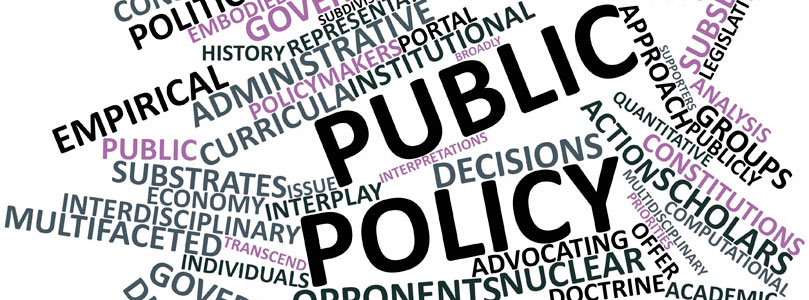Knowledge and Evidence in Public Policy POLS7114

Knowledge and Evidence in Public Policy with Prof Brian Head
This course frames public policy as a cognitive and ideational process where actors/agents use ideas and mental schemas to understand and influence the policy world. In doing so, it contrasts data-driven "rational" decision making models with "post-positivist" approaches to decision making based on narratives and interpretive schemas. The course begins with an introduction to the theory and conceptual tools for understanding knowledge and evidence in the public policy process. We ask what is `useful' or `appropriate' knowledge for various actors? And what does it mean to be debating, negotiating and `muddling through? We move on to explore the problems of conventional policy analysis in a complex world. We then apply these conceptual and theoretical tools to better understand how policy knowledges operate in practical situations. This is done through consideration of case studies drawn from such areas as health, welfare, and law and order (in Australia and elsewhere). The final part of the course takes a more `practical look at the actual uses of knowledge and evidence in public policy cases, with the assistance of `practitioners'. We will invite guest lectures from senior policy practitioners to outline examples of the applied use of knowledge and evidence in various aspects of policy processes: advice; design; making; implementation; review; evaluation and audit.
Before you enrol in any course, please check with your Faculty that completion of this course fulfils your program requirements.
